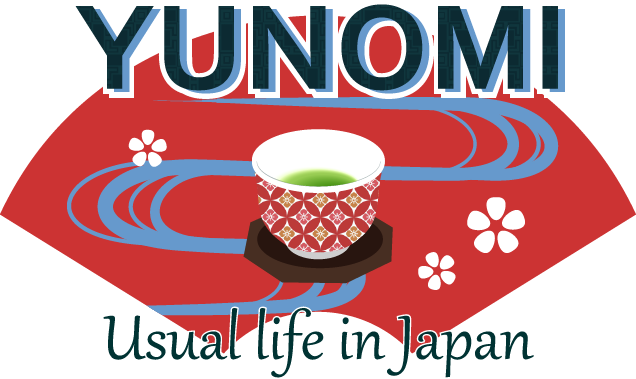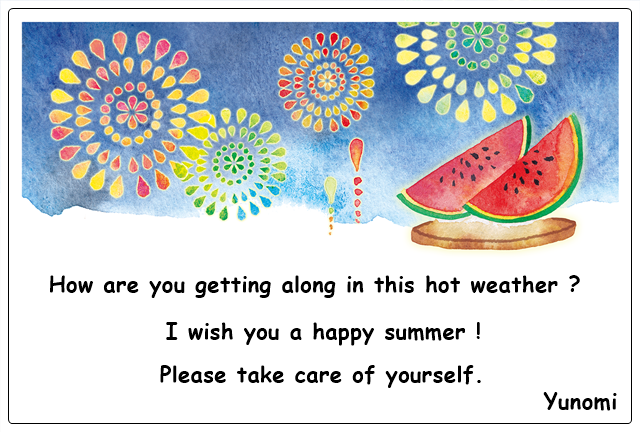In the age of internet, sending a physical postcard seems to be outmoded. But the fashion still persists with some nostalgia. There is one greeting card specific for the middle of summer.
‘Shochu-mimai’ greeting card is the postcard exchanged in the mid-summer
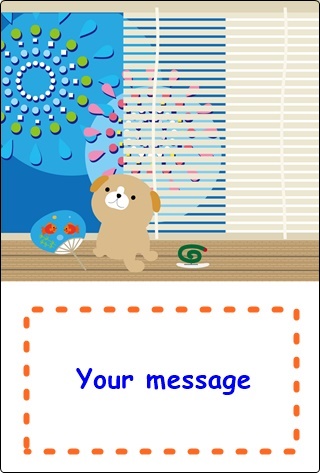
The main purpose is to share the sympathy in enduring the consecutive days of harsh heat and remind the recipient to take good care of him/herself.
Actually, there is a great deal of potential risk for heat stroke in recent years, and basically there’s high risk for food poisoning and loss of appetite in summer.
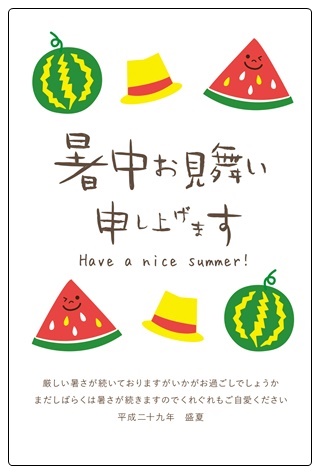
Shochu-mimai greeting card usually has some picture that illustrates iconic summer scenes of Japan; a slice of water melon, sea view, paper fan or fireworks are some of the example.
Then some simple but caring message will be added; this is a gentle reminder to show that you care for the person you are sending it to.
Term of greeting card
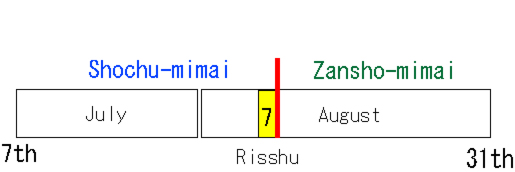
Curiously, sending out this greeting is open only until 7th August, the day called ‘Risshu’ -- the date which exactly stands in the middle of between summer solstice and autumnal equinox. It is defined that from this date the autumn starts on calendar-basis.
Therefore, from the next day, which is 8th August, the greeting shall now be called ‘Zansho-mimai’ -- greeting for late-summer, though the purpose and contents have no difference from Shochu-mimai and the heat will not at all going to be slashed for more weeks.
Japan Post Co., Ltd. which is the dominant distributor of new year card with lottery numbers also sells Shochu-mimai postcard with the same novelty.
The prizes are much simpler than those of new year’s; some reasonable amount of cash and a sheet of stamps, but that’s just fine.
